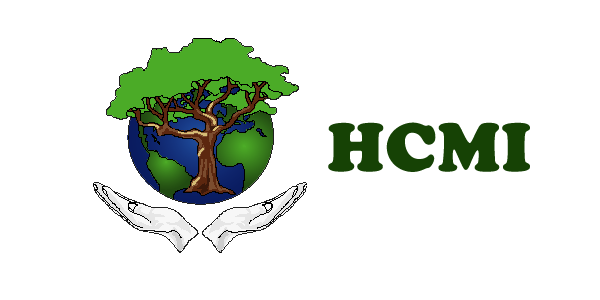 Penicillium species are very common molds. About 200 species have been described. Spores of Penicillium are found everywhere in the air and soil. Penicillium species are some of the most common causes of spoilage of fruits and vegetables. For example, Penicillium italicum and Penicillium digitatum are common causes of rotting citrus fruits, while Penicillium expansum is known to spoil apples. Most Penicillium species are active producers of toxins.
Penicillium species are very common molds. About 200 species have been described. Spores of Penicillium are found everywhere in the air and soil. Penicillium species are some of the most common causes of spoilage of fruits and vegetables. For example, Penicillium italicum and Penicillium digitatum are common causes of rotting citrus fruits, while Penicillium expansum is known to spoil apples. Most Penicillium species are active producers of toxins.
Penicillium chrysogenum is the most common Penicillium species in indoor environment. It is widespread and has a wide range of habitats. In indoor environment, it is extremely common on damp building materials, walls and wallpaper, floor, carpet mattress and upholstered furniture dust. It produces multiple toxins of moderate toxicity. It is allergenic and can infect immuno-compromised patients.
Penicillium may cause hypersensitivity pneumonitis, asthma, and allergic alveolitis in susceptible individuals. This fungi has been isolated from patients with keratitis, ear infections, pneumonia, endocarditis, peritonitis, and urinary tract infections. Penicillium infections are most commonly exhibited in immunosuppressed individuals. For example, P. marneffei is a fungus abundant in Southeast Asia that typically infects patients with AIDS in this area. Infection with P.marneffei is acquired via inhalation, initially resulting in a pulmonary infection and then spreading to other areas of the body (lymphatic system, liver, spleen, and bones). It is often fatal.
An indication of infection is the appearance of papules that resemble acne on the face, trunk, and extremities (see photo).
NOTE: If you suspect you have been exposed to this fungus, it is probable that you have been exposed to some Mycotoxins produced by this fungus and you will need to add that (Mycotoxin) remedy to your cart as well.
